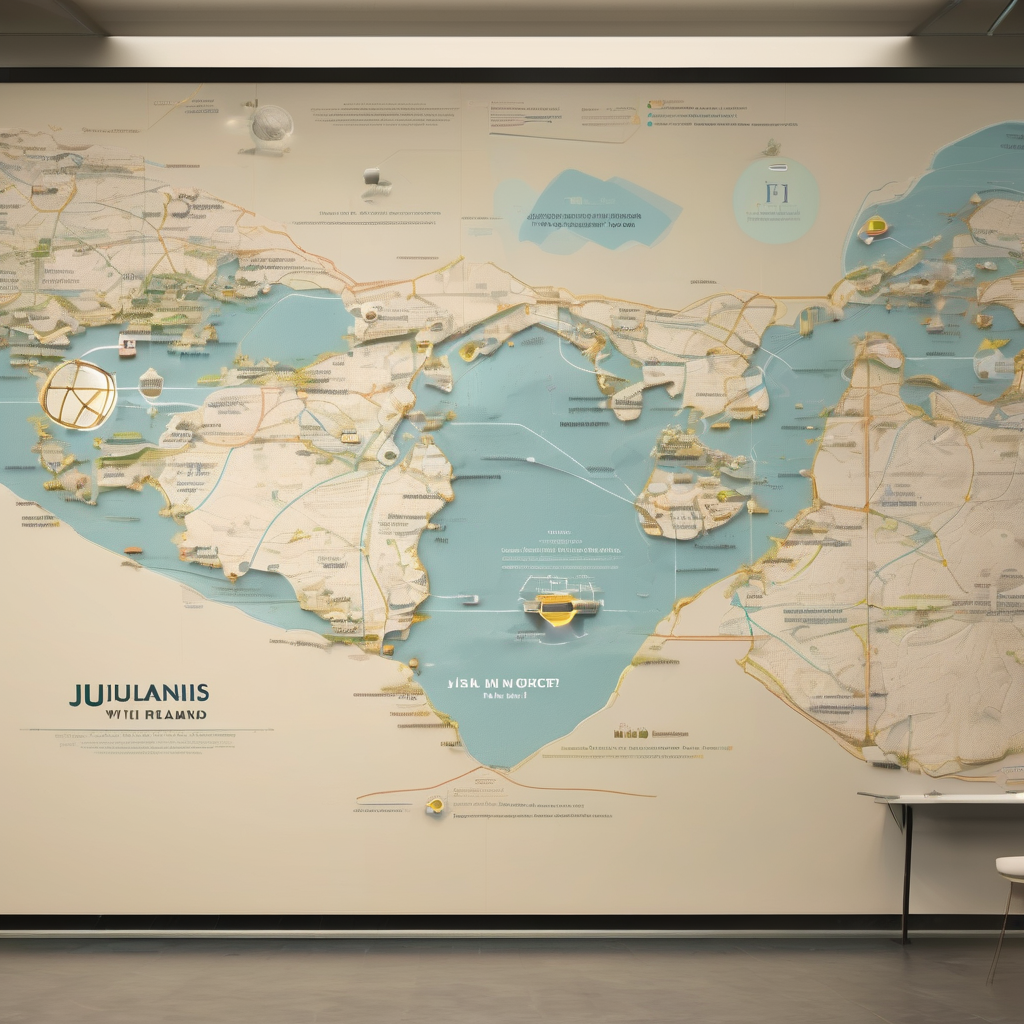The Federated States of Micronesia (FSM) has reinforced its dedication to climate action by unveiling its Nationally Determined Contribution (NDC) 3.0 and a new Methane Roadmap during COP30, which took place at the Moana Pavilion in Belém, Brazil. Elina Akinaka, the FSM Minister for Climate Change and Head of Delegation, indicated that these new strategic documents signify a major progression in their climate policy, reflecting a united effort to confront and innovate in response to the challenges posed by climate change.
The revised NDC articulates FSM’s ambitious yet pragmatic approach to harmonizing its national priorities with its global climate duties. The introduction of the Methane Roadmap is aimed at reducing methane emissions, a potent greenhouse gas, through actionable and transformative strategies. Akinaka underscored that the efficacy of these initiatives hinges on collaboration among government entities, local communities, regional allies, and development agencies, promoting a partnership ethos that has characterized FSM’s climate efforts thus far.
Coral Pasisi, the Director for Climate Change at the Pacific Community (SPC), praised FSM’s initiatives, referring to the announcement as a “remarkable milestone” that signifies a new era of climate ambition and solidarity among Pacific nations. She highlighted the challenges of aligning the interests of FSM’s various states and islands, emphasizing the considerable effort that has gone into this undertaking.
Key features of FSM’s NDC 3.0 include ambitious targets such as increasing access to renewable energy and reducing reliance on imported fuels, with goals of achieving 70% renewable energy in electrification by 2030 and 80% by 2035. Additional objectives encompass ecosystem restoration, enhanced management of marine resources, and conservation of land-based ecosystems, demonstrating the comprehensive scope of FSM’s commitment to sustainability.
Support for FSM’s climate ambitions is bolstered by partnerships with SPC and the Regional Pacific NDC Hub, alongside funding from the European Union and the Australian Department of Climate Change, Energy, the Environment and Water. This collaborative framework aims to facilitate implementation and ensure that the necessary tools and resources are available to meet these climate targets.
As awareness of climate-related risks grows, FSM’s proactive stance reflects a larger movement in the Pacific region, where nations are increasingly cognizant of the need for urgent climate action and are collaborating to advance their agendas. The collective determination demonstrated by FSM at COP30 serves as an inspiring illustration of how small island nations can enact meaningful change in the global climate landscape.
With FSM and its Pacific neighbors taking decisive strides towards ambitious climate objectives, there emerges a renewed sense of optimism regarding the potential for sustainable solutions to the climate crisis. Their unified efforts highlight the significance of collaboration and inclusive strategies in tackling vital environmental challenges, setting a commendable example for resilience and sustainable development across the region.
